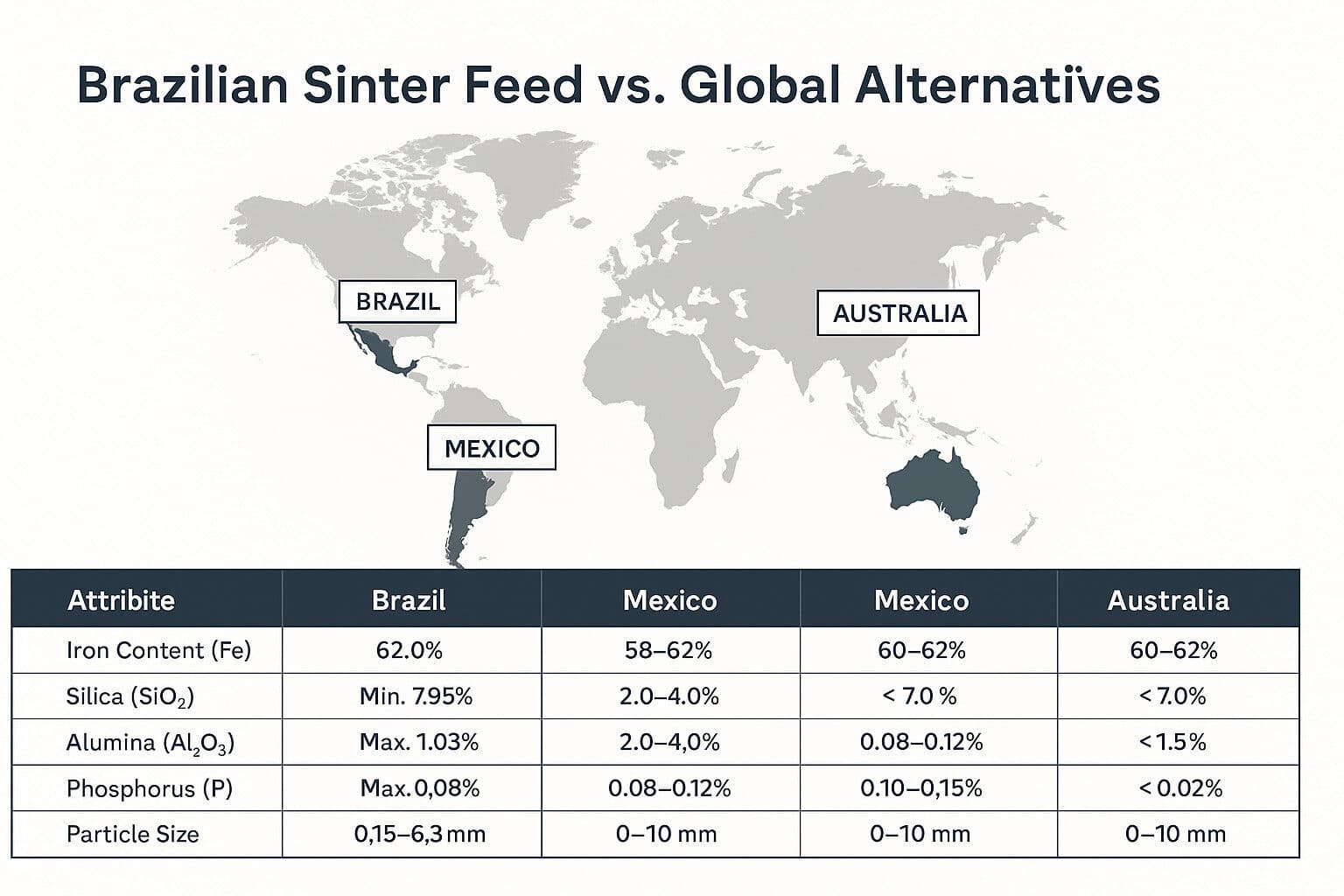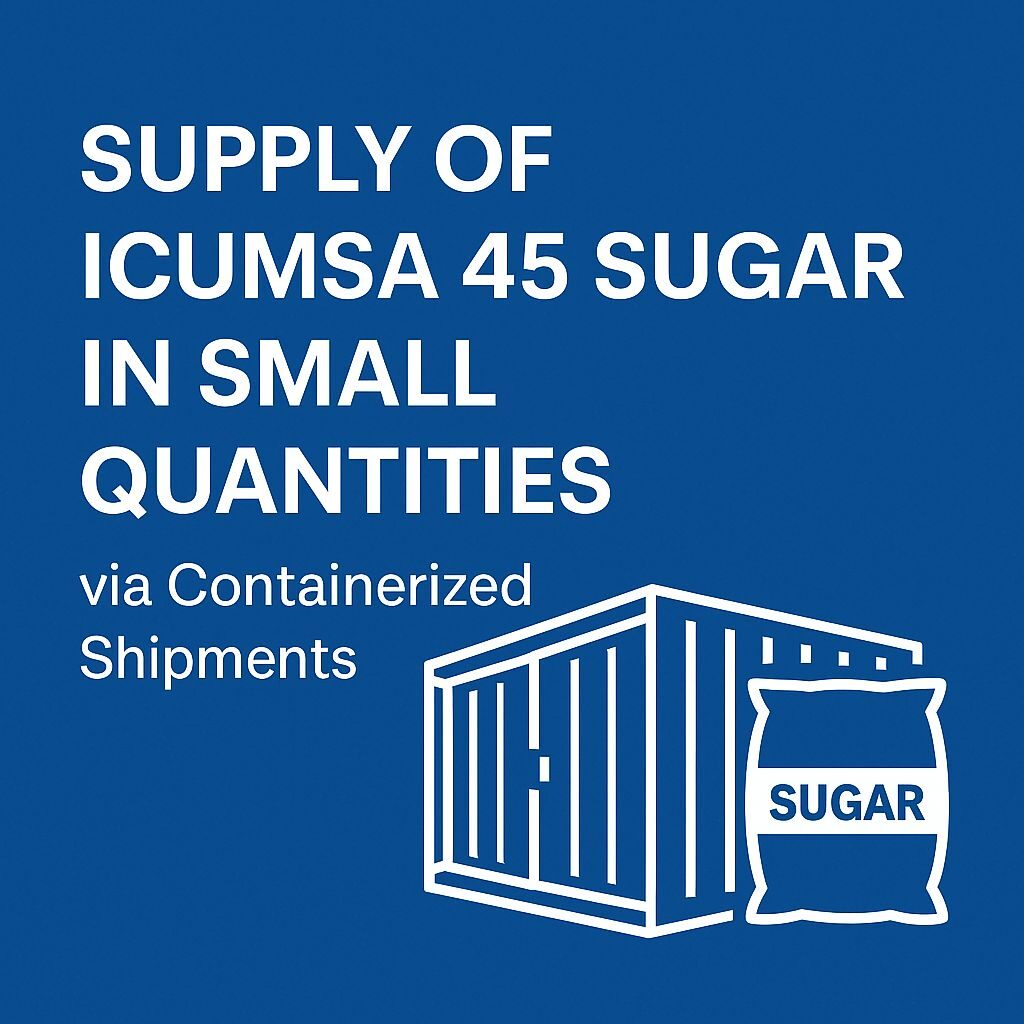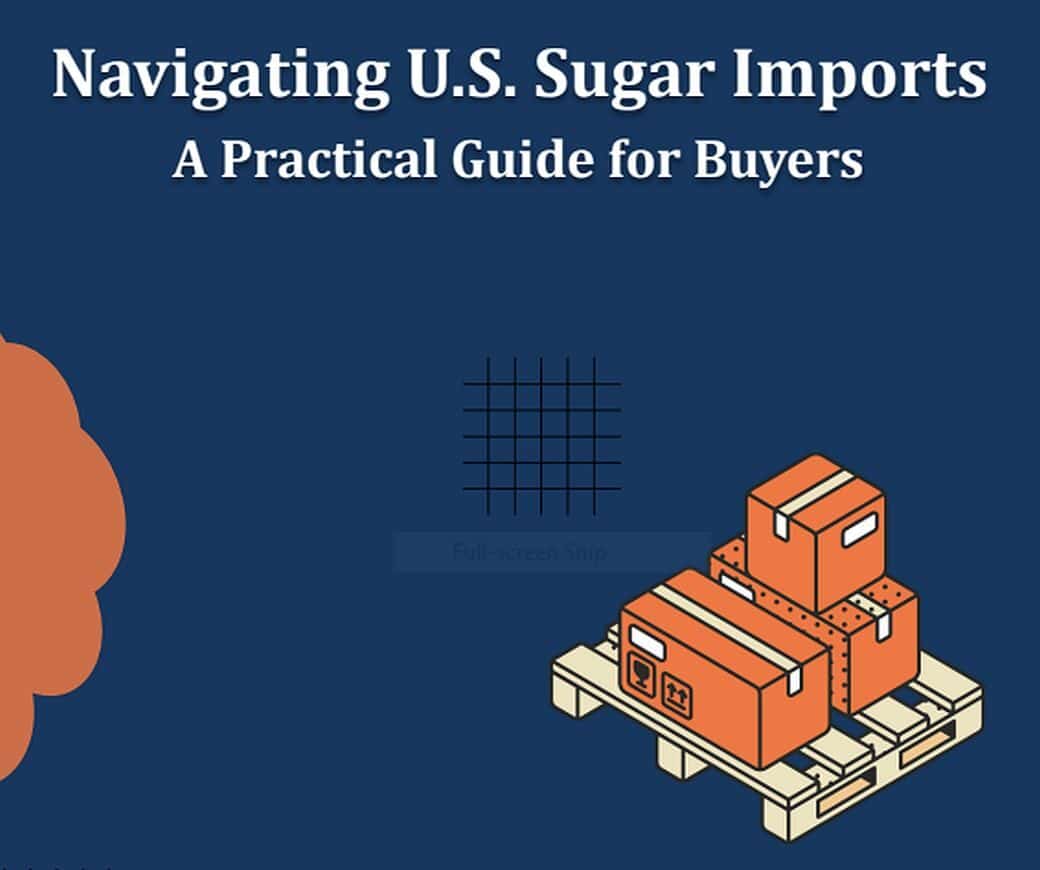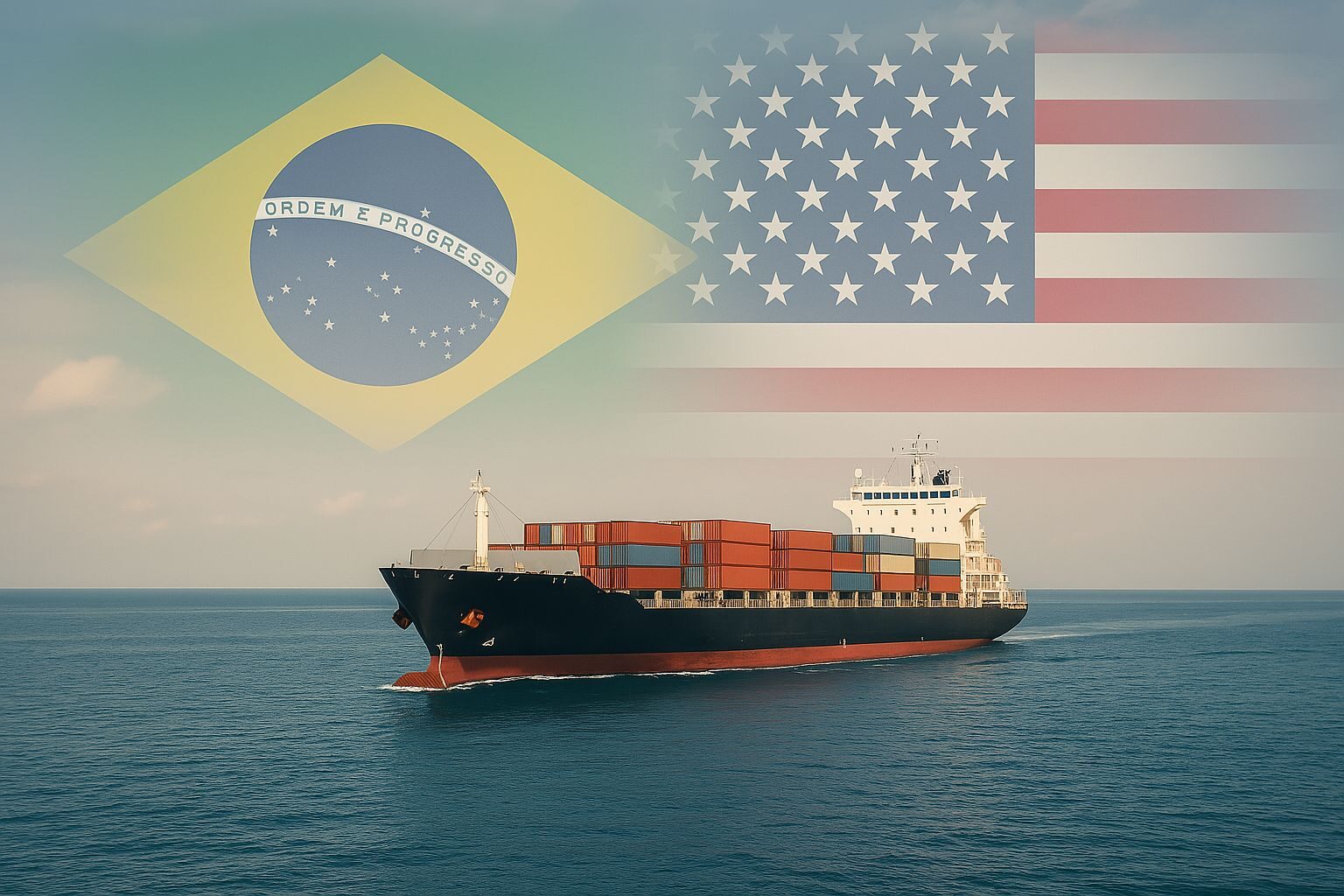Document Sharing and Risk Mitigation in Physical Commodity Trading
In physical commodity trading, suppliers often hesitate to provide past performance documents, such as bills of lading and related paperwork. This cautious approach aims to mitigate risks associated with fraud and unauthorized use of sensitive information. This article explores the reasons behind suppliers’ reluctance to share past performance documents and the role of bank-to-bank verification in ensuring transparency and reducing risks in commodity trading.
Past Bills of Lading and Documents
Risks of Duplication and Misuse
- Suppliers are cautious about sharing past bills of lading and other documents due to the risk of duplication and misuse. These documents can be easily replicated, leading to fraudulent transactions.
Maintaining Control Over Transactions
- By withholding past documents, sellers aim to prevent unauthorized use and maintain control over the transaction until it is fully secured.
Bank-to-Bank Proof of Funds and Product
Proof of Funds (POF)
- Sellers often insist on bank-to-bank proof of funds (POF) to mitigate risks. This verification process ensures that the buyer has sufficient funds available to complete the transaction, thus confirming their financial capability to fulfill their obligations.
Proof of Product (POP)
- Sellers request proof of product (POP) to confirm the existence and availability of the commodity. POP includes documents such as certificates of quality, quantity, and shipping details, providing assurance to the buyer regarding the product’s authenticity and availability.
Role of Banks
Verification and Authentication
- Banks play a crucial role in commodity trade finance by facilitating import financing through the verification and authentication of documents. The trader’s bank requires documentary evidence from the supplier, such as invoices, shipping documents, and quality certificates, before making payment.
Transparency and Risk Reduction
- Bank-to-bank verification ensures transparency and reduces the risk of fraud. The buyer’s bank verifies the authenticity of the documents provided by the seller’s bank, adding credibility to the transaction.
Bank Account Verification in Commodity Trading
What is Bank Account Verification?
- Bank account verification confirms the validity and ownership of a bank account. It involves verifying key details such as the account holder’s name, account number, and account type (checking or savings). This verification is essential for online transactions, electronic funds transfers, and various other financial activities.
How Bank Account Verification Works
Instant Verification
- Utilizes API technology to allow customers to log into their online bank accounts securely, employing token-based authentication to protect sensitive data.
Automatic Bank Account Validation (ABAV)
- Clients manually enter their bank account details, which are then validated against a database to ensure the account’s legitimacy.
Micro-deposit Verification
- Involves sending small monetary transfers to the account under scrutiny. The account holder must verify the received amounts or codes to confirm the account’s legitimacy.
Document-Based Verification
- The account holder provides paper or electronic documents, such as bank statements or voided checks, to substantiate their account status and ownership.
Benefits of Bank Account Verification in Commodity Trading
- Enhanced Security: Confirms the legitimacy of involved bank accounts, reducing the risk of fraudulent transactions and deceptive behavior.
- Smooth Transaction Processing: Ensures accurate account information, enabling seamless processing of transactions.
- Regulatory Compliance: Aligns with regulatory frameworks, helping businesses operate within the law and avoid potential fines.
- Data Accuracy: Contributes to the reliability of data collected by businesses and financial institutions.
- Building Trust: Reassures account holders about the legitimacy of transactions, maintaining strong relationships between suppliers and buyers.
The reluctance of physical commodity suppliers to provide past performance documents is driven by the need to prevent fraud and maintain transaction security.
By implementing bank-to-bank verification processes, sellers and buyers can mitigate risks and ensure transparency in commodity trading.
Bank account verification is a crucial component in addressing suppliers’ concerns, enhancing security, facilitating smooth transactions, ensuring regulatory compliance, improving data accuracy, and building trust between parties involved in commodity trading.







